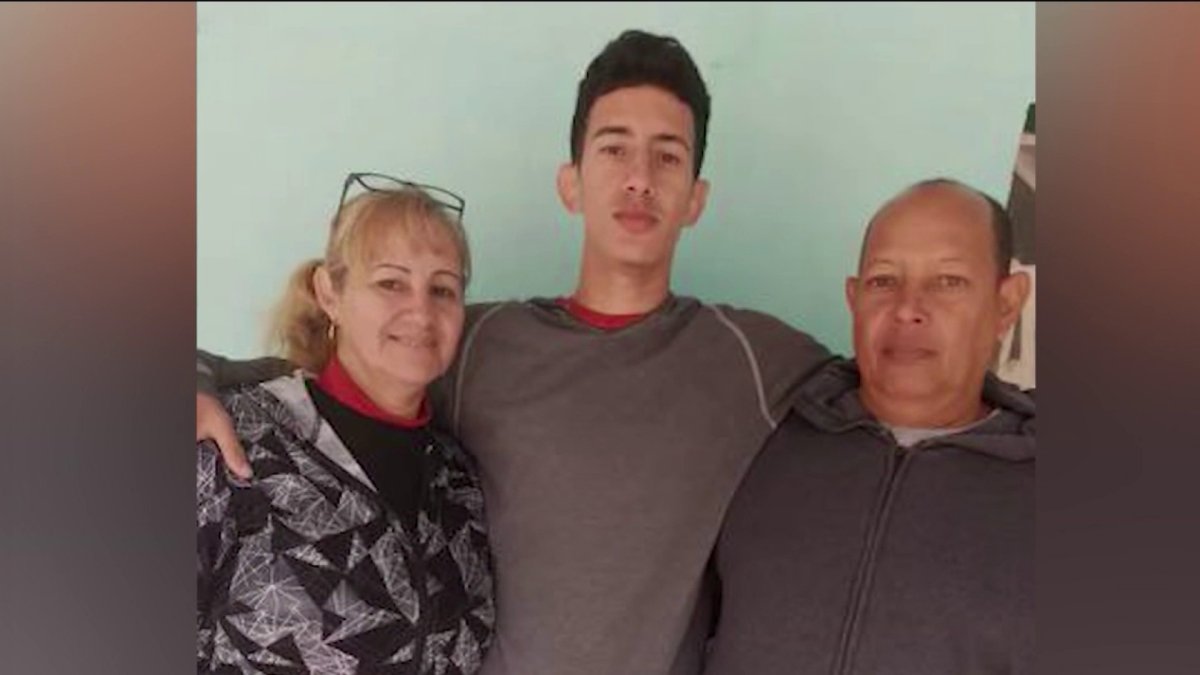“The only thing he said to us was ‘they made us get off the bus’, he couldn’t tell us anything else,” said Niurka Almeida, whose relatives were detained in Mexico, despite the fact that his humanitarian parole process has been approved.
Niurka Almeida says that within minutes, her sister-in-law, their husband and their son found themselves in police custody. The three had attempted to board a flight to the United States from Cancun, but due to an apparent inconvenience in the issuance of their travel authorization, they had to travel overland to the US Embassy. United States in Mexico City, when an immigration checkpoint stopped them in Veracruz.
“They have been held there since that day and on the 18th we set up a shelter and they were not released either. They tell the lawyer that today, or tomorrow, now they say Monday,” explains Almeida.
For ten days, Yudith Mandina, Roberto Montero and Roberto Mario – their son – have been detained at the Acayucán immigration center. The Cubans had their travel permits issued by the Department of Homeland Security but did not have safe conduct or authorization to travel through Mexico, however, this would not justify their detention, explains a Mexican lawyer.
They “have the right not to be deprived of their liberty or to be detained by an administrative authority without a court order”, argues Manuel Márquez, a Mexican lawyer specializing in migration.
The detention of these migrants took place precisely on February 16, the same day that ten other Cubans – beneficiaries of the humanitarian parole program – were arrested by immigration authorities at Mexico City airport. However, Luis Ángel Sánchez and Noelvis la O Pereira are still at the Las Agujas immigration station.
From Kentucky, where Lisbey Rodríguez resides, she reports that one of her relatives has been detained in Mexico. She says, “the lawyer can get the person out of you in no time…paying between $1,500 and $5,000. It is without knowing if the lawyer is good or not, or if he is in contact with the immigration officers”.
These are two cases, in different contexts, but with important complaints in common

